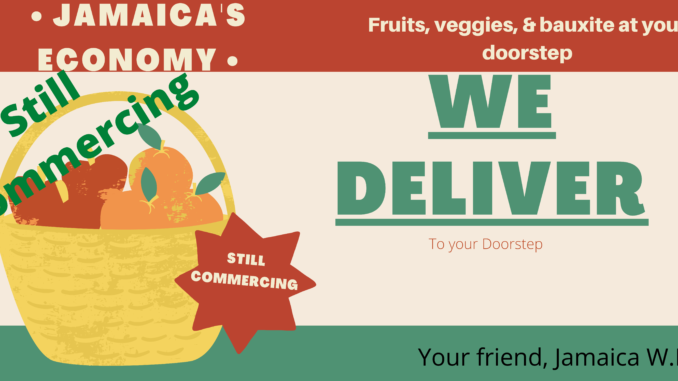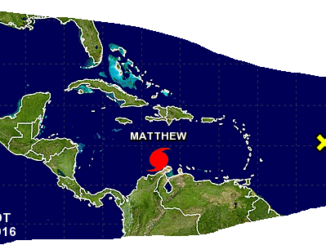
English planters seized Jamaica from Spain in 1655 and established a plantation economy based on slave labor. The island gained independence from the United Kingdom in 1962. Long-standing recurrent violence among powerful organized crime networks that are involved in international drug smuggling and money laundering and also affiliated with major political parties remains an ongoing problem. Prime Minister Andrew Holness’s center-left Jamaica Labour Party remains popular, enhancing his chances for reelection in 2021. Once a major sugar producer, Jamaica is now a net sugar importer, and services account for more than 70 percent of GDP. The economy is diverse, but industries lack investment and modernization. Remittances, tourism, and bauxite generate most foreign exchange.
Jamaica’s economic freedom score is 68.5, making its economy the 49th freest in the 2020 Index. Its overall score declined by 0.1 point, with a sharp drop in the monetary freedom score counterbalanced by improvements in other indicators. Jamaica is ranked 6th among 32 countries in the Americas region, and its overall score is well above the regional and world averages.
The Jamaican economy has been mired in the moderately free category since the inception of the Index in 1995. GDP growth has been weak for the past five years.
The biggest Index factors holding back more economic freedom in Jamaica are a consistently weak performance on financial freedom and a lack of sufficient government integrity. The government’s failure to pursue allegations of misuse of public funds in the state-owned Petrojam oil refinery and other public bodies energetically does not bode well for improvement of the latter factor.
Although property rights are constitutionally guaranteed, bureaucratic red tape makes registration of property difficult, and a large percentage of properties lack a current title. The judiciary is widely considered to be independent, but resolution of court cases can take years or even decades. Many Jamaicans believe that corruption is one of the root causes of Jamaica’s high crime rate and economic stagnation.
Jamaica’s top individual income and corporate tax rates are 25 percent. Other taxes include property transfer and general consumption taxes. The overall tax burden equals 27.3 percent of total domestic income. Government spending has amounted to 29 percent of the country’s output (GDP) over the past three years, and budget surpluses have averaged 0.2 percent of GDP. Public debt is equivalent to 99.4 percent of GDP.
Business confidence is high. Jamaica recently improved access to credit by making data from utility companies available. The public sector lacks efficiency and cost-effectiveness. Unemployment is close to all-time lows. The government continues to subsidize medications and health care through the National Health Fund and regulates utility prices for water, electricity, and telecommunications services
The total value of exports and imports of goods and services equals 82.6 percent of GDP. The average applied tariff rate is 10.8 percent, and five non-tariff measures are in force. Jamaica officially encourages foreign investment, but the investment regime lacks transparency and efficiency. Although some financial services are still not available, the private sector has access to a wide range of credit instruments.



